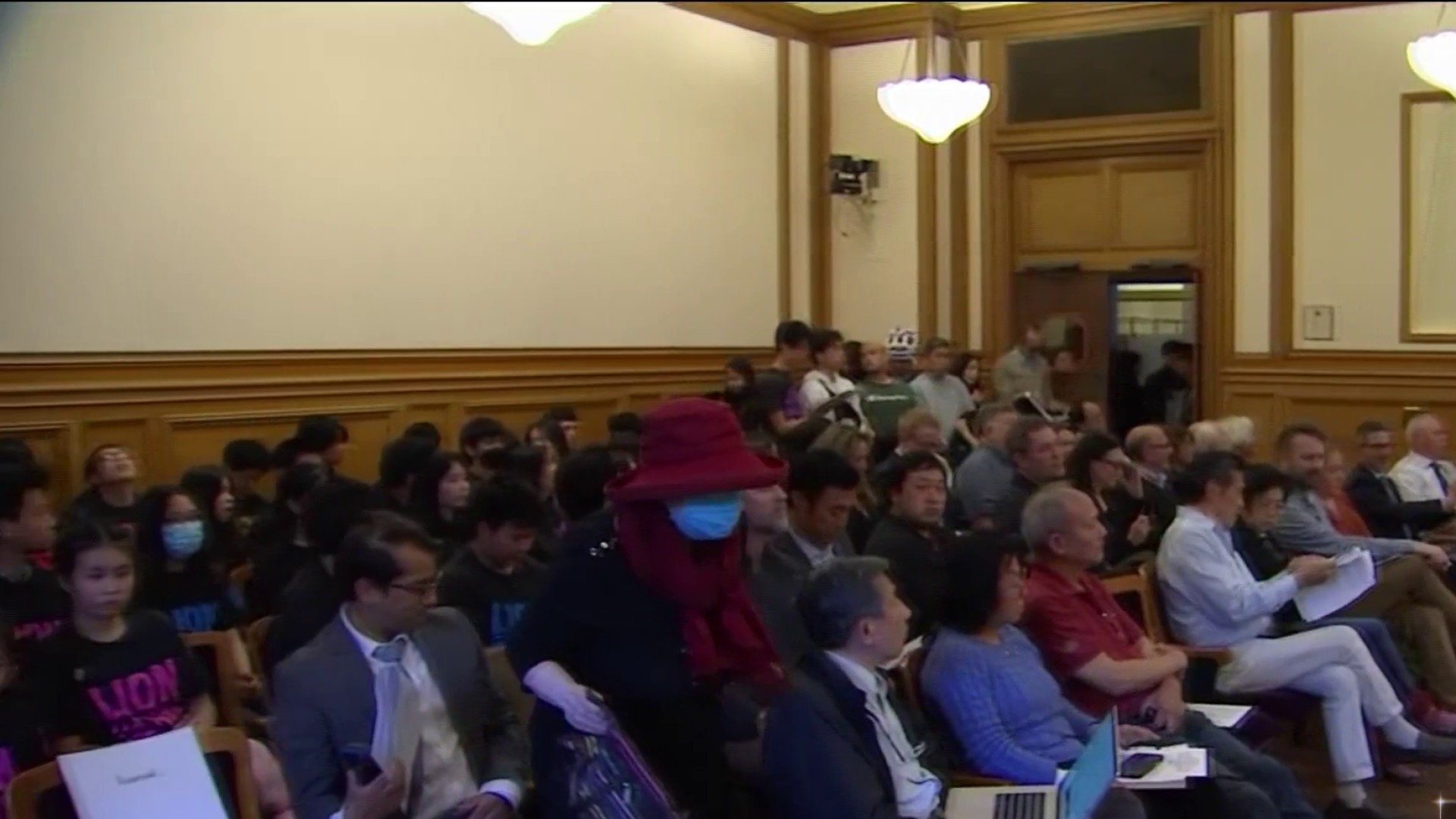The Oakland City Council on Tuesday night will consider a proposal to accept up to $2 million in federal funding for an expanded surveillance center to monitor the Port of Oakland area.
City Council President Pat Kernighan said today that she supports the program, called the Domestic Awareness Center, because it would help Port of Oakland, police and fire officials work better together to respond to emergencies such as fires, earthquakes and hazardous materials spills.
But American Civil Liberties Union attorney Linda Lye has sent a letter to the council urging it to withhold approval for now because of "significant privacy concerns" because she believes it would "allow for widespread warrantless surveillance of Oakland residents."
Lye said the center as currently proposed "allows for the collection and stockpiling of comprehensive information about Oakland residents who have engaged in no wrongdoing whatsoever and lacks any binding privacy protections." Such safeguards "must be in place before the City Council authorizes any further development of the surveillance center," she said.
The program dates back to 2010, when the City Council approved the acceptance of federal stimulus funds for security at the Port of Oakland. Kernighan said she thinks critics of the proposal to accept the additional federal funding and launch the program's second phase are overreacting because the center won't add additional surveillance cameras and will only combine existing port and police cameras under one roof.
And she said the program will only concentrate on the Port of Oakland area, not the entire city. However, Lye said in her letter that she fears the program could be expanded because its stated goal is "to allow the integration of additional systems in the future."
She said the center therefore "has the potential to collect more types of information about more people in more locations in the future." Lye said the information collected by the security cameras could be stored and stockpiled, but Kernighan said she's been told by program directors that the city only has enough capacity to store information for 35 days, so the information wouldn't be permanently stockpiled.
Local
Renee Domingo, Oakland's director of emergency services, said today that the goal of the center is to "help first responders (such as police officers and firefighters) do a better job if saving lives" by getting information quicker and sharing it better. Domingo said, "We want to provide real time information and have a common operating system" for the police and fire departments and other agencies. She said she believes the center "will benefit the residents of Oakland."
Domingo said she's willing to have the city work with the ACLU "to develop safeguards" and have a program that's a model for other cities. She said if the funding is approved, Oakland would be the first city in the country that would have a Domain Awareness Center that's a combined city-port project. In contrast, Domingo said some cities, such as Long Beach, have "port-centric" programs and others, such as Chicago and Baltimore, have "law enforcement-centric" programs.
In Oakland, police, fire and port programs would be combined in one center, she said.
"We're forging new ground," Domingo said.



